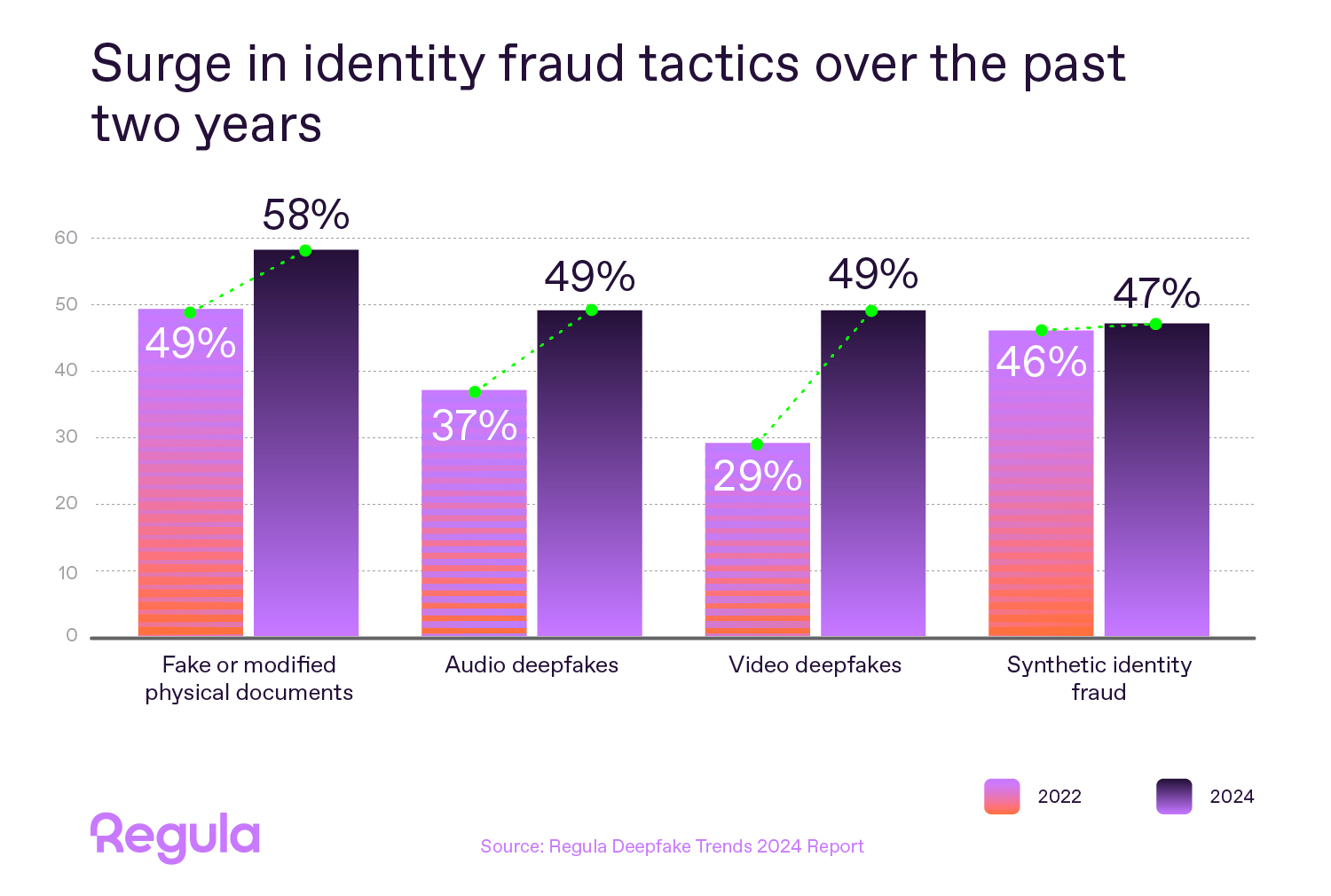![]()
Grand Cayman, Cayman Islands, July 23rd, 2024, Chainwire
Sui joins an exclusive list of AWS-integrated blockchains
Sui Foundation, the organization dedicated to the advancement and adoption of the layer 1 blockchain of the same name, today announced the integration of Amazon Web Service’s (AWS) Blockchain Node Runners on Sui, providing developers with a self-managed node deployment solution.
Through this integration, builders on Sui will be able to easily set up and deploy Sui full nodes within the AWS environment, benefitting from the high availability, scalability, and reliability of AWS’s robust cloud infrastructure. AWS Blockchain Node Runners simplifies the process of running blockchain nodes, allowing users to easily deploy, scale, manage, and monitor secure blockchain nodes. As of today, Navi, a leading liquidity protocol, will be engaged as a Node Runner user to deploy full nodes on Sui.
Kathryn Van Nuys, Global Head of Startups in Specialized Segments at AWS, said, “AWS Blockchain Node Runners was designed to support builders at all stages of the application lifecycle, offering blueprints to meet specific requirements, from enhanced security and compliance to ease of deployment and monitoring. We are excited to bring these and other features to empower developers to deploy and manage Sui nodes on the AWS cloud.”
Node Runners offers several key technical advantages for deploying blockchain nodes. It provides validated, best-practice deployment templates for scalable node operations across multiple geographies. High availability is ensured through multi-node deployment options across different availability zones. The deployment code is fully open-source and available on GitHub, allowing users to review it before deployment. Integrated with the AWS Well-Architected Framework, Node Runners helps organizations build secure, high-performing, resilient, and efficient node infrastructures. Full nodes on Sui validate on-chain activities such as transactions, checkpoints, and epoch changes, as well as store the stake and history to better service client queries. By offloading query servicing from validator nodes, validators are able to focus on transaction processing and updates to the nodes when new transactions are completed.
Navi, a leading liquidity on Sui, is one of the first users to engage with Node Runners on Sui, and have deployed their first node via AWS’s service as of today.
As part of AWS and Sui Foundation’s commitment to empowering Sui builders, developers and startups who utilize AWS Blockchain Node Runners or are building on Sui may be eligible for up to $5,000 in Activate credits. Sui Foundation has also joined the AWS Web3 Provider program, which offers access to tools, resources, content, and credits to Sui developers
Henrik Johansson, Global Head of Community at Sui Foundation, said, “The integration of AWS Node Runners on Sui marks a pivotal advancement to enhancing blockchain infrastructure. Sui nodes are fundamental to the operation and accessibility of Sui. This integration with AWS not only provides developers with more tools to simplify node deployment but also financial support to utilize and develop on AWS.”
For more information on utilizing AWS Blockchain Node Runners on Sui, users can visit https://aws-samples.github.io/aws-blockchain-node-runners/docs/Blueprints/Sui.
Contact
Sui Foundation
[email protected]


Recent Comments